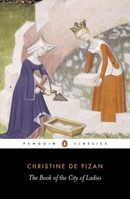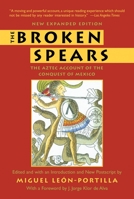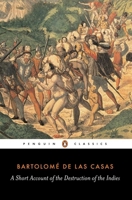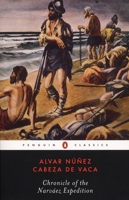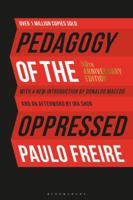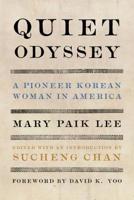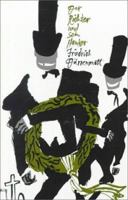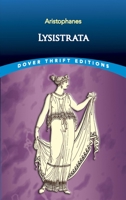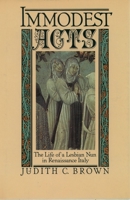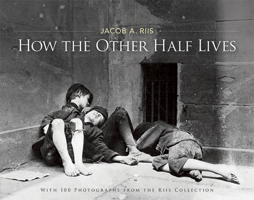Lieutenant Nun
Select Format
Select Condition 
Book Overview
You Might Also Enjoy
Customer Reviews
Rated 4 starsLife's more fun as a man than a nun
Celebrated in Spanish legends and folklore as the marvelous Lieutenant Nun, Catalina de Erauso was born to a prosperous Basque family in 1585 and sent to a convent at age 4. Destined to become a nun, there she remained until age 15. Days before she was to take her final vows, she escaped, taking only needle, thread, scissors and a few coins.Despite her previously sheltered existence, de Erauso plunged into her new, wordly...
0Report
Rated 5 starsA Different Conquistador
Catalina de Erauso grew up in a Basque convent, but spent most of her days as a soldier in the Spanish army in the mid-1600s. This brief autobiography is not a typical tale of military exploits. Although brawling constitutes much of the action, this is the story of a female transvestite. De Erauso dressed as a man to escape from her convent in 1599. Keeping up the disguise for reasons that included an attraction to...
0Report














